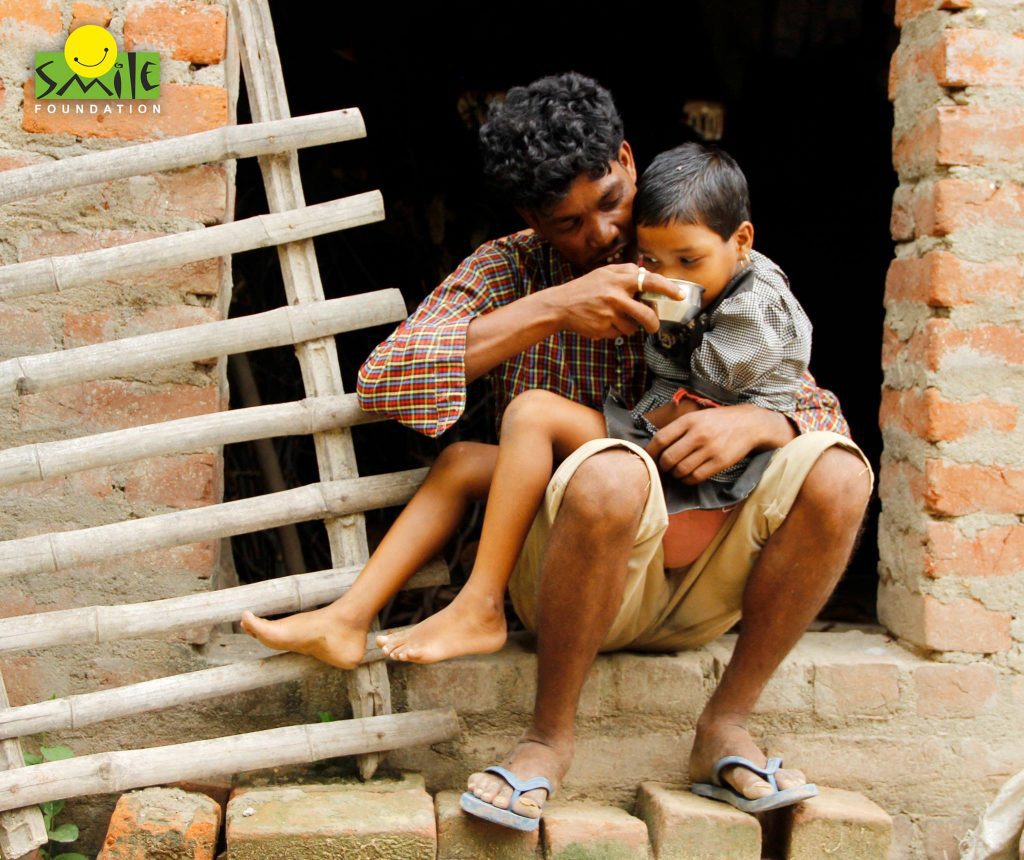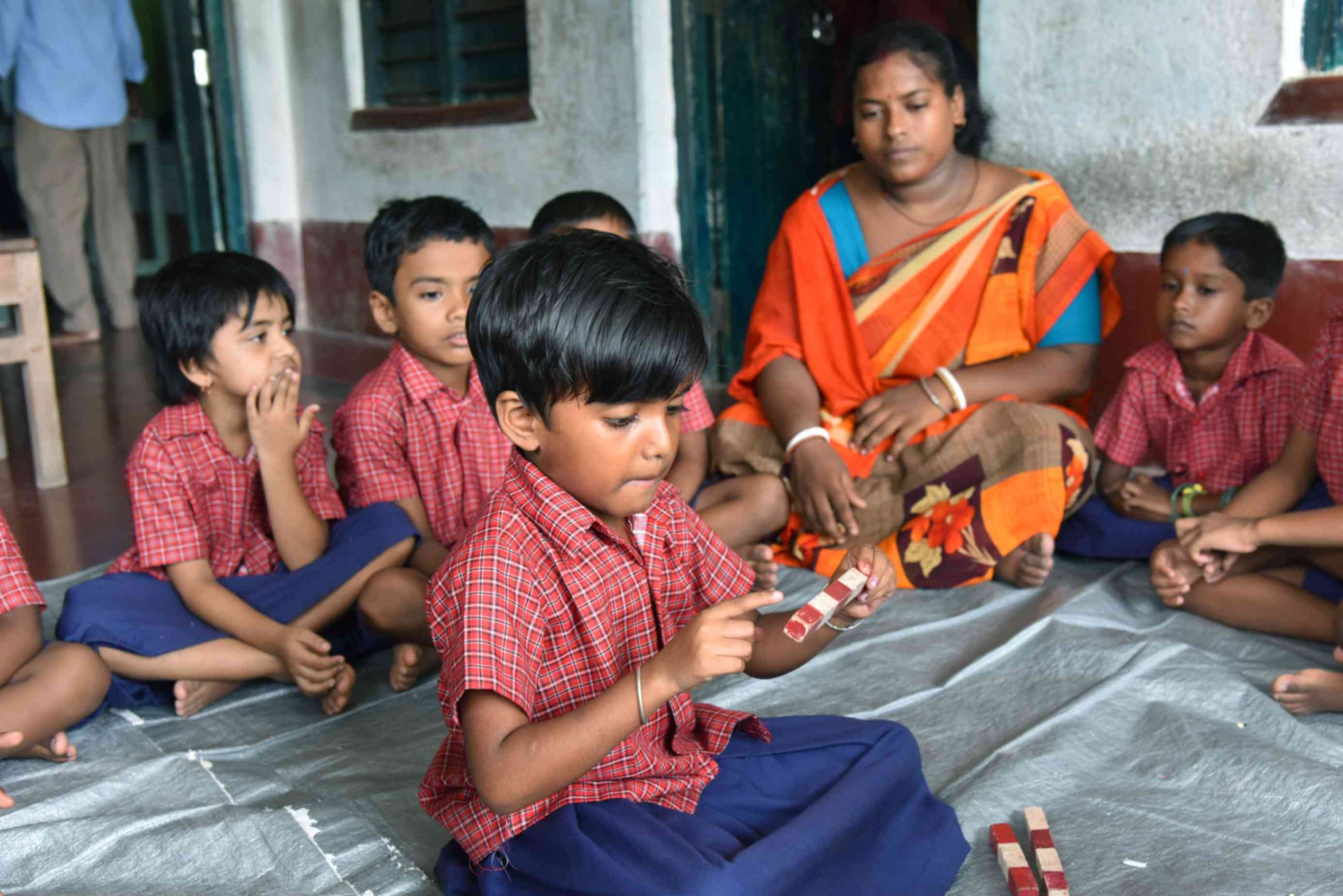Coming-of-age movies are special. As youngsters navigate the adult world and often find themselves short exchanged in their roles as responsible and mature adults, these movies make a strong case for the acceptance of the confusing emotional and physical labyrinths that young adults often find themselves in. Some YA (Young Adult) movies offer us deep insights into family life– one of those very special relationships is that of a dad with his child/children.
Pop Culture
The monologue in the unforgettable movie Call Me By Your Name, impeccably delivered by the main lead, Elio’s father (Michael Stuhlbarg) is a powerful monologue about a parent’s unconditional love and non-judgmental acceptance of their child’s becoming their own person.
“When you least expect it, nature has cunning ways of finding our weakest spot. Just remember I’m here. Right now, you may not want to feel anything. Maybe you’ll never want to feel anything. And, maybe it’s not to me you want to speak about these things, but I feel something you obviously did.
Look, you had a beautiful friendship. Maybe more than a friendship. And I envy you.
In my place, most parents would hope the whole thing goes away, or pray that their sons land on their feet. But I am not such a parent. We rip out so much of ourselves to be cured of things faster that we go bankrupt by the age of 30 and have less to offer each time we start with someone new. But to make yourself feel nothing so as not to feel anything—what a waste!
And I’ll say one more thing… it’ll clear the air. I may have come close, but I never have what you two have. Something always held me back or stood in the way. How you live your life is your business. Just remember, our hearts and our bodies are given to us only once, and before you know it, your heart’s worn out. And as for your body, there comes a point when no one looks at it, much less wants to come near it. Right now, there’s sorrow, pain; don’t kill it, and with it, the joy you’ve felt.”
This ending scene of the movie reduces us to tissue-paper tears with our hearts filling up with deep gratitude for the father seen on screen that many of us never had in our lives.
Evolution of Dads
As we trace back to the evolution of dads, human dads have displayed a marked difference in attitudes, behaviors, and actions when compared to their closest relatives, apes who have the almost singular job of providing semen with the mothers bearing all the childcare work.
Humans with their unique ability to be flexible unlike many other mammals have experimented with and flourished in many different family set-ups. The idea of a nuclear family is a mixed product of America’s capitalism, marketing, and the need to create more consumers for things we hardly need by ravenous conglomerates.
The truth is many societies around the world choose to live in joint families, single-parent worlds, and more. Dynamic family set-ups are the very reason that humans have continued in their never-ending journey of looking for more than one possibility in everything that they encountered in humanity’s lifetime.
Have Fathers Changed?
In 1970, fathers in the Western world dedicated a mere 12 to 25 minutes per day to caring for their children. However, in 2010, a remarkable shift occurred, with Western fathers spending over an hour each day actively involved in their children’s upbringing. This data illuminates the significant transformation in contemporary fathers’ commitment to child care, surpassing the involvement of the previous generation by three to six times.
This remarkable increase in paternal involvement can be attributed to a multitude of socio-cultural changes. Notably, the rise of initiatives such as paid paternity leave has played a pivotal role. Since the 1970s, the prevalence of paid paternity leave programs has steadily grown.
As of last year, a staggering 63% of countries worldwide ensure fathers the opportunity to avail themselves of this benefit. However, it is disheartening to observe that several nations, including the United States, still do not guarantee such leave for either parent, let alone for fathers.
Policies Bringing More Presence of Dads
The availability of paid paternity leave programs holds immense significance as it directly influences the amount of time fathers spend nurturing their infants, potentially yielding biological consequences. Researchers have made compelling discoveries in this domain, highlighting that fathers who actively engage in child care, especially during the early stages of infancy, undergo profound biological changes.
These changes facilitate their capacity to be more compassionate caregivers, forge stronger emotional bonds with their newborns, and develop a heightened sensitivity to their infants’ needs. Consequently, fathers become more attuned to the intricate nuances of their children’s well-being and exhibit an enhanced ability to provide nurturing support.
The role of fathers as the provider, the bringer of daily bread to the dining table, the builder of homes, and the ones who supply the clothing on the family’s backs stretched itself out to more intimately involved roles invoking their feminine sides. Dads all over the world especially in urban spaces are more comfortable taking up domestic chores, cuddling their babies to sleep, preparing meals, and making enough space in their minds and hearts for their children to be in all their true forms, vulnerability included.
In the last 100 years or so, fathers have exhibited emotional capacities so far and wide that researchers after scratching their headtops have tried to unearth the changed wiring of a man’s brain when he enters into fatherhood. Studies strongly suggest that men experience a dip in testosterone levels with their bodies and minds prepared for the new development of co-parenting in their lives.
Our Fathers Are Trying; Trying Really Hard
Patriarchy has done more harm to men than women in the sense that men were numbed from making any emotional reactions to situations that begged for natural emotional responses. But many forums of social conversations have instigated the urgent need to look within and ask questions that will help the cause of modern families and fathers.
Although fathers and sons are trying to be more expressive in their conversations, other forms of bonding like a shared activity of organising an event, supervising home repairs, finding solutions to financial difficulties, and more should not be treated any less. Father’s Day is a great day to remind ourselves that although a lot needs to be done when it comes to evolving father-child relationships, men have become better fathers by leaps and bounds now.
As double-income households’ stability depends on fathers’ willingness to adorn different hats, men are trying to break out of the limitations of a traditional father and become someone their children can come back to without any fears of backlash or rejection when they hit unavoidable hurdles in their lives.
Smile Foundation and Catering To Fathers
The lifecycle approach to a child’s life extends beyond the need for quality education, accessible healthcare, and proper nutrition. Unless behavioral change happens in fathers, children and mothers cannot take decisions without fears of retribution.
All the programmes of Smile Foundation are designed to cater to the complete needs of underserved families. Uniquely curated awareness sessions and workshops for the men of the families constitute an important part of every envisioned and implemented project.
The cycle of change will only be complete when men take up the role of changemakers voluntarily and encourage their families to work towards their goals and aspirations. We see fathers changing and unlearning many of their biases as they feel perpetually torn between a traditional man and a nurturing new father. It’s a difficult process but they are curious and that’s always a good sign.
Happy Father’s Day to all.









